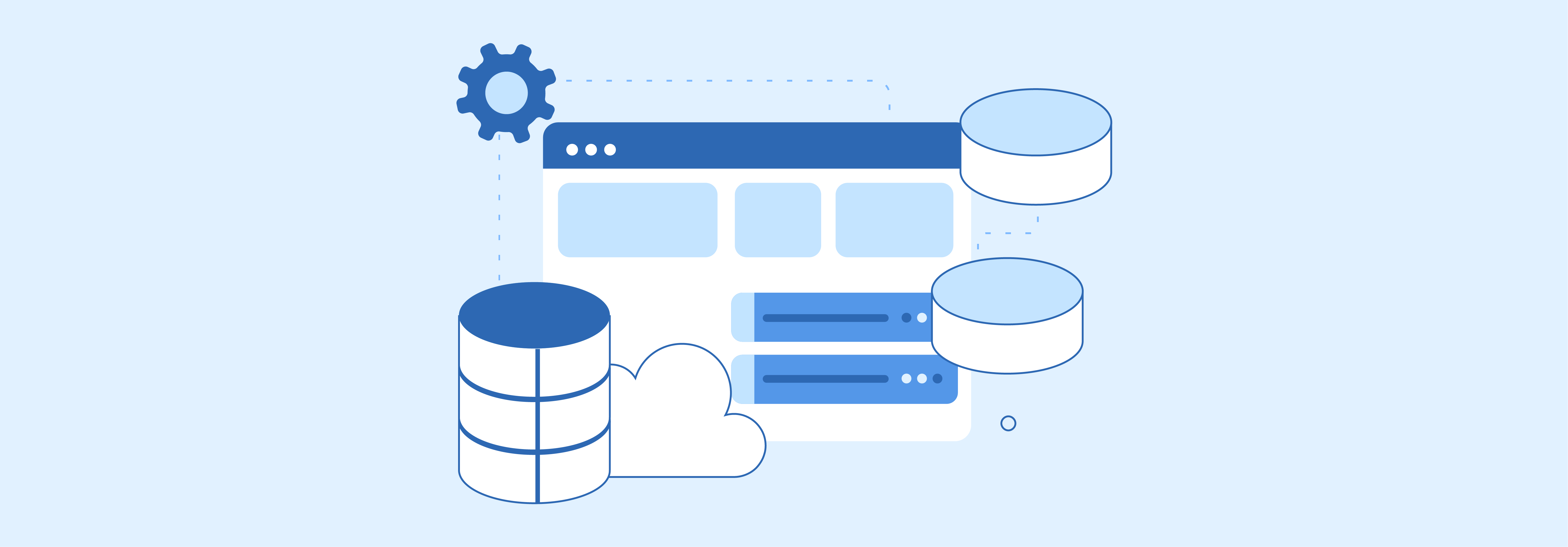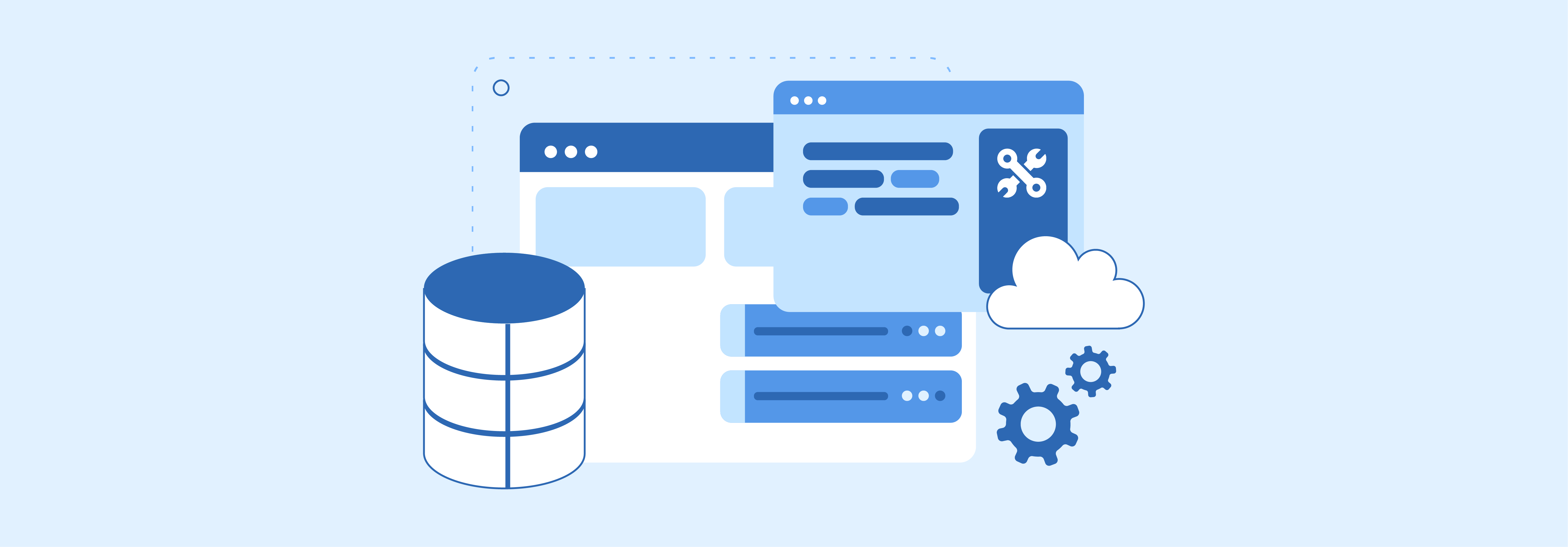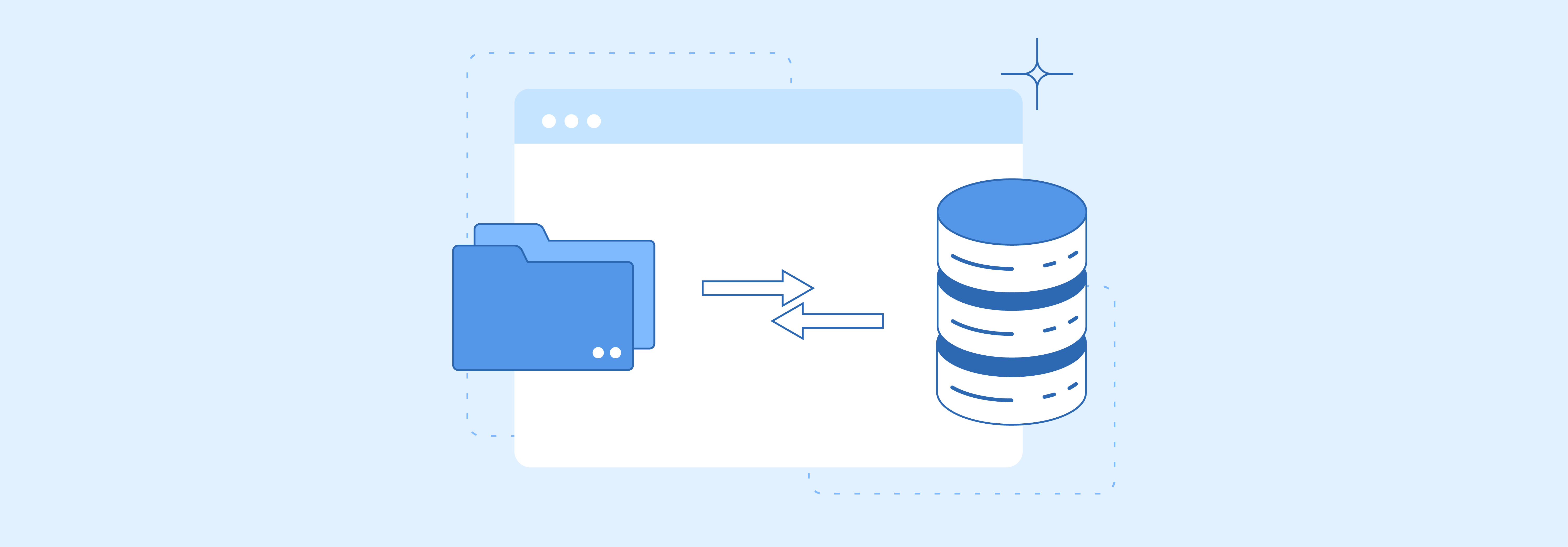
Magento Cluster Hosting for E-Commerce Websites
Magento cluster Hosting provides infrastructure suited to the specific requirements of ecommerce needs. It helps avoid slow page loads and lost revenue with high availability and scalability. This article explores how Magento cluster hosting tends to be a better option for ecommerce.
Key Takeaways
- Understand the concept of Magento cluster hosting.
- Gain insights into why Magento cluster hosting is significant for e-commerce websites.
- Explore the components and advantages of Magento cluster hosting.
- Learn the differences between Magento cluster hosting and shared hosting platforms.
What is Magento Cluster Hosting?
Magento cluster hosting is a web hosting solution that utilizes multiple servers working together as a cluster. This cluster architecture offers several advantages. These include high availability, fault tolerance, and performance optimization. The workload distribution across multiple servers enables seamless scalability. It helps accommodate fluctuations in website traffic and resource demands. Built-in redundancy and failover mechanisms ensure high availability.
They automatically redirect traffic to healthy nodes during Magento errors, server failure, or maintenance. It is optimized for performance, with features such as advanced caching mechanisms, content delivery networks (CDNs), and optimized server configurations.
This helps improve page load times, enhance responsiveness, and deliver a superior user experience. Security is also a priority in Magento cluster hosting. Robust measures protect the Magento site against cyber threats and vulnerabilities. This includes regular security updates, patches, firewalls, intrusion detection systems, and DDoS protection.
Components of Magento Cluster Hosting
1. HTTP Accelerator

HTTP Accelerator is also known as a caching proxy. It sits between the web server and the client's browser. It is designed to cache and quickly serve frequently accessed content to speed up website delivery.
It caches static content like images, CSS files, and JavaScript. It improves the overall performance of the Magento website by reducing server load and speeding up content delivery. Varnish is a powerful HTTP accelerator.
2. Web Servers

Web Servers process and serve dynamic content for Magento websites, even under heavy traffic loads. Magento NGINX and LiteSpeed are high-performance web servers with fast response times and scalability. NGINX is commonly used as a reverse proxy server and load balancer. LiteSpeed is preferred for its superior speed and efficiency, especially when paired with PHP.
3. CDN (Content Delivery Network)

A CDN consists of a network of servers distributed across various geographic locations. These servers cache and deliver website content to users based on their location. It reduces latency and speeds up content delivery. A premium CDN for Magento offers enhanced features and performance optimizations compared to standard CDNs.
4. SSL (Secure Sockets Layer)

SSL encryption maintains secure communication between the web server and users' browsers. This is done by encrypting data transmitted over the internet. Encrypt SSL certificates provide authentication and encryption. It protects sensitive information, like login credentials and payment details, from unauthorized access.
5. Web Application Delivery Controller

A Web Application Delivery Controller (ADC) is a hardware or software-based load balancer and application delivery platform. It distributes incoming traffic across multiple servers to ensure optimal performance and availability. It ensures high availability by directing requests to the cluster's most available and responsive server.
6. Web Application Firewall

A Web Application Firewall (WAF) is a security solution that monitors and filters HTTP traffic between a web application and the internet. It ensures data integrity and website security.
It helps protect the Magento web hosting from various cyber threats, including:
- SQL injection
- Cross-site scripting (XSS)
- Other malicious attacks
7. Caching Mechanisms

Caching mechanisms store and serve cached content from memory, such as HTML pages, database queries, and session data. They reduce server load, improve website performance, and enhance user experience. LiteMage is a full-page caching solution specifically designed for Magento. Redis is an open-source, in-memory data store commonly used for caching and session management.
8. Database Management System

The Database management system deploys in a cluster configuration. It enhances the availability and fault tolerance mechanisms for Magento websites. MariaDB is an open-source relational DMS. It ensures data redundancy, failover, and data consistency across multiple database nodes. It also minimizes downtime and data loss.
9. Shared Storage

Shared storage allows multiple servers within the cluster to access and share the same storage resources, such as files and databases. It ensures data consistency and availability across the cluster. It also facilitates seamless failover and scalability for Magento websites.
10. Monitoring and Management Tools

These tools give administrators visibility into the Magento cluster hosting environment. It includes:
- Server performance
- Resource utilization
- Network traffic
- Website uptime
They enable proactive monitoring, alerting, and troubleshooting of issues. It ensures optimal performance, reliability, and security of Magento websites.
How Magento Cluster Hosting is Different from Shared Hosting
| Feature | Magento Cluster Hosting | Shared Hosting |
|---|---|---|
| Scalability | Highly scalable, it utilizes multiple servers working together as a cluster. | Limited scalability typically operates on a single hosting server, and resources are confined. |
| High Availability | Ensures high availability and minimizes downtime by redirecting traffic. It employs redundancy and failover mechanisms across multiple servers. | Relies on a single server, making it vulnerable to downtime in case of hardware failure or maintenance. |
| Performance | Offers faster page load times, improved response times, and overall superior performance with caching mechanisms, CDN integration, and optimized server configurations. | Performance may vary depending on server resources. |
| Fault Tolerance | Built-in fault tolerance by distributing data and workload across multiple servers and implementing redundancy. | Lacks built-in fault tolerance and is susceptible to hardware failures as they rely solely on a single server for website operations. |
| Resource Isolation | Provides resource isolation by dedicating specific resources to each website for consistent performance and minimizing the impact of resource spikes. | Resources are shared among multiple websites, leading to resource contention and performance issues. |
| Customization & Flexibility | Offers greater flexibility and customization options. Provides more control over server settings, configurations, and resource allocation. | Limited customization based on predefined server configurations. |
| Security | Emphasizes security with advanced measures and features like regular security updates, patches, and proactive monitoring to protect against various cyber threats and vulnerabilities. | Basic security measures may lack specialized protection. |
| Support & Management | Specialized support tailored to the unique requirements of Magento applications and managed services. | Basic support may require manual management. |
| Cost | Higher upfront costs of Magento hosting plan, potentially better long-term value | Lower upfront costs may incur additional expenses over time. |
FAQs
1. What level of support is expected with Magento cluster hosting?
Magento cluster hosting offers specialized support tailored to the unique requirements of Magento. This includes proactive monitoring, regular security patches, and assistance.
2. What are the key considerations for selecting a Magento cluster hosting provider?
When selecting a Magento cluster hosting provider, consider high availability and performance optimization factors. You can also look for security features, support and management offerings, customization options, pricing, and reputation.
3. Can I migrate my existing Magento website to a Magento cluster hosting environment?
You can migrate your existing Magento website to a Magento cluster hosting environment. Most hosting providers offer Magento migration assistance and support to help seamlessly migrate to the cluster architecture.
4. What types of hosting can be migrated to a cluster environment?
Several types of hosting can be migrated to a cluster hosting environment, including Shared Hosting, VPS Hosting, Dedicated Hosting, Magento Cloud Hosting, and Managed Magento Hosting.
Summary
Magento cluster hosting offers numerous benefits compared to other traditional hosting platforms. You might consider migrating to cluster hosting to enhance the operation of your Magento ecommerce business. Check out Magento hosting services to read more about the support features. It helps enhance the hosting experience of your Magento store.



